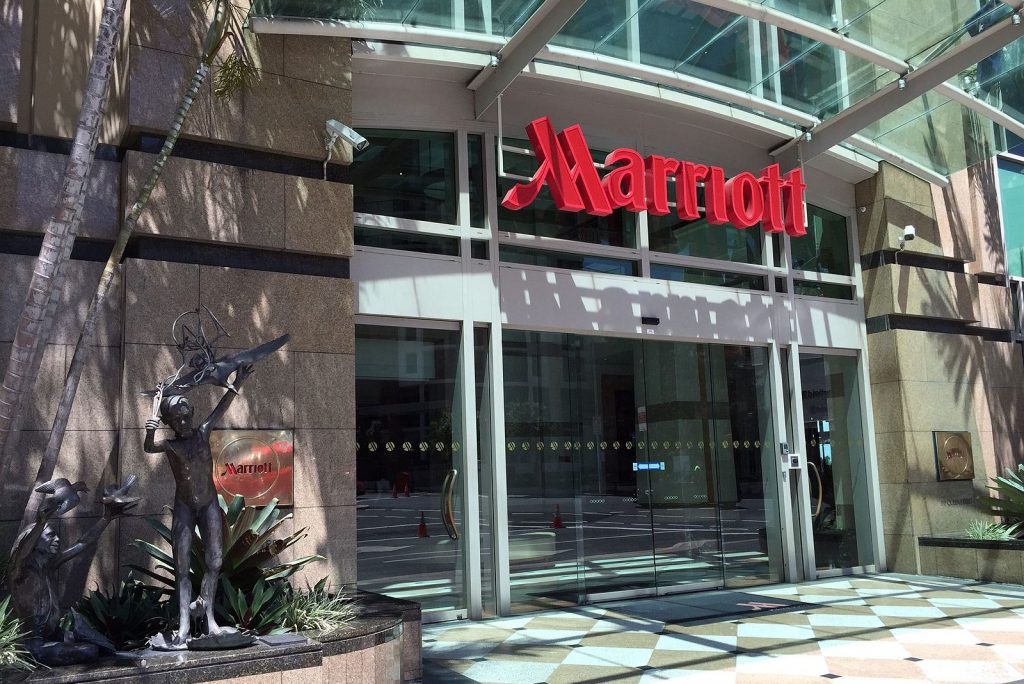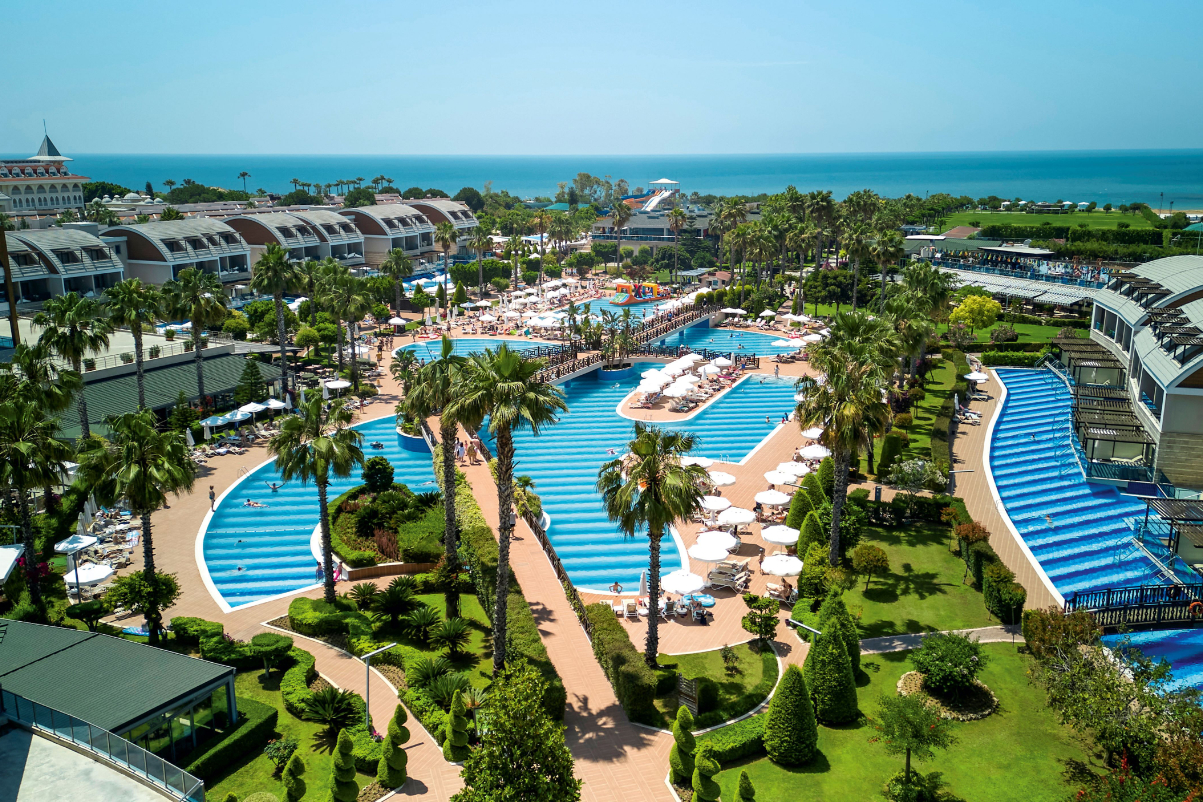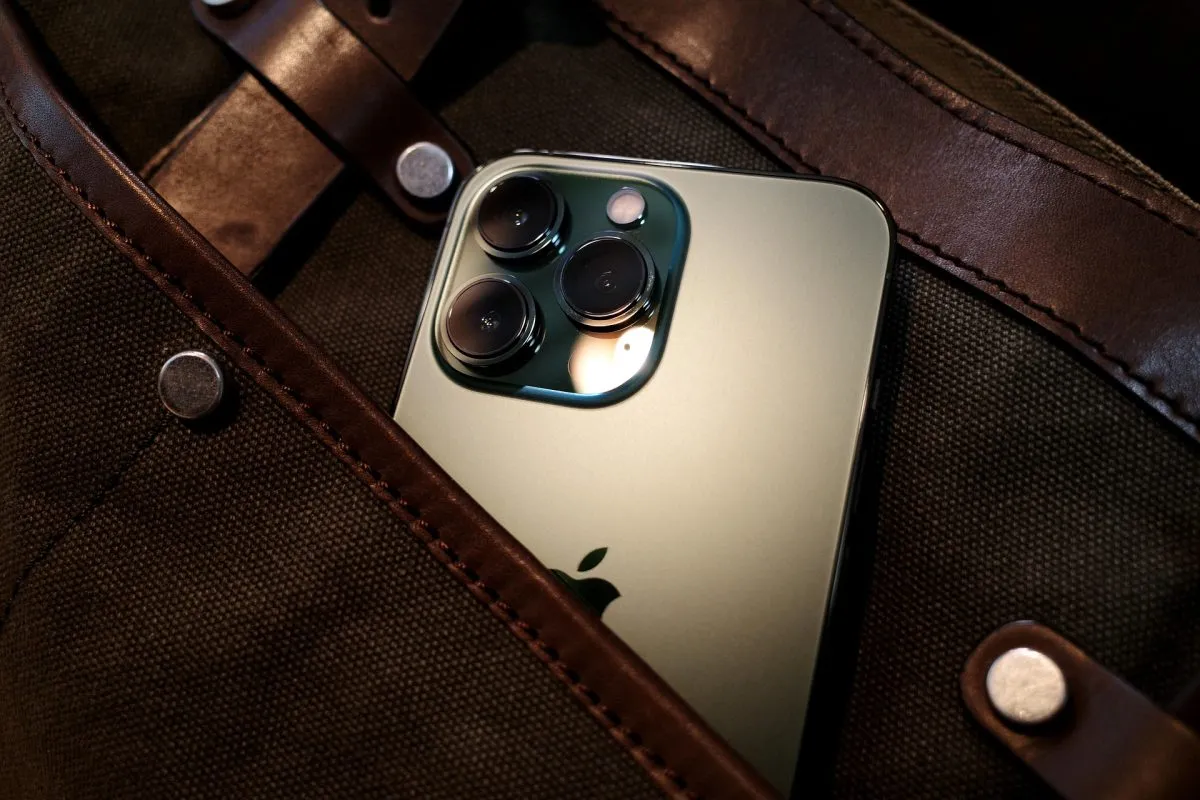Marriott CEO Embraces Safety Measures to Boost Guest Comfort Levels

Skift Take
The United States continues to hold the highest number of new coronavirus cases in the world, but it is not quite at the surge levels seen in July across much of the Sun Belt.
But even if the U.S. experiences a repeat surge in winter months, when social distancing measures and outdoor dining aren’t as possible across the country, Marriott CEO Arne Sorenson thinks it would be difficult to enter into a second iteration of lockdown.
“If you bring it to the American context, I think, politically, we’re not going to go back to a hard shutdown,” Sorenson said Tuesday during Skift Global Forum. “It’s just not feasible the American society would accept that.”
The line of thinking matches with what analysts around the world have argued in recent months: It simply costs too much economically to keep an entire country under lockdown. While the U.S. was never entirely under lockdown, many of its largest economic hubs like New York City and Los Angeles were.
China continues to be the strongest region for recovery at Marriott, the world’s largest hotel company.
The coronavirus outbreak in the Chinese city of Wuhan initially spread across the country, and Marriott’s business fell by as much as 95 percent domestically in late January and into February.
The virus became a global pandemic, and the 95 percent plunge dragged on the company’s portfolio worldwide. However, China’s strong lockdown and continued crackdown on resurgences of the virus are also attributed to the country’s relatively quick recovery.
While Marriott’s global business levels are now about 65 percent down from where they were a year ago, there is only a 20 percent decline in China. The company could even see Chinese hotel revenue back to pre-pandemic levels as early as next year.
But China’s successes are hard to replicate elsewhere. The strong rebound is due to Chinese travelers sticking to domestic hotels during the pandemic, something hard for European hoteliers to achieve due to their stronger reliance on long-haul travel, Sorenson said.
He even doubted the U.S., which has a similarly strong domestic traveler base, would be able to see the kind of rapid return in business China has simply due to the comparatively and extraordinarily tough lockdown measures in the East.
“China reacted with extraordinary power when the virus first appeared. They shut down the country, and when they shut down the country, they broke the curve of the virus in a way that probably hasn’t been done in other markets of the world,” Sorenson said. “We can all debate whether that’s the right thing or the wrong thing. It is what it is.”
New Safety Protocols: Hygiene Theater or Helpful?
Marriott, like most hotel companies, launched a heightened health and safety protocol to give guests confidence to book a stay once coronavirus lockdowns and business suspensions ceased.
Marriott’s Commitment to Clean and accompanying Marriott Cleanliness Council call for guests and staffers to wear masks in all indoor public areas at Marriott-branded properties in North America, the Caribbean, and Latin America.
Staffers now treat public spaces and surface areas with hospital-grade disinfectants and use electromagnetic sprayers to sanitize surfaces. Social distancing measures, temperature checks, and promoting contactless check-in and check-out services on the Marriott Bonvoy mobile app are also part of Marriott’s approach to combatting the spread of the virus.
The variety of initiatives across all hotel brands garnered criticism in recent weeks, as skeptics label some elements as “hygiene theater” that aren’t necessarily effective on their own. But Sorenson defended the approach.
“A temperature check is a very dubious tool for ID’ing those who have the virus; nevertheless, that temperature check is hygiene theater, if you will,” Sorenson said. “It’s communicating to folks we care about what you feel and want you to stop and think about if you’re having any symptoms, and we also want to communicate to you that you’re now entering a place in which we’ve got protocols in place to protect you and others in the environment.”
Further, he said critics should view the measures as a package deal rather than a standalone feature for their effectiveness. Business won’t build back unless guests have confidence, even if that is achieved through a little hygiene theater.
“Somebody explained this like Swiss cheese: If you’ve got one slice of Swiss cheese, you’ve got holes and can get through it,” Sorenson said. “But if you’ve got four or five slices of Swiss cheese stacked next to each other … Put it all together, it makes a substantive difference in safety, a provably reduced risk of the spread of the virus, and collectively engaged in a theater that tells us or reminds us all to be careful. By being careful, we’ve further reduced the real risk associated with it.”
A Post-Pandemic Marriott
Marriott furloughed much of its staff at the peak of the pandemic earlier this year and is expected to permanently lay off roughly 17 percent of staffers at its global headquarters in Maryland, according to a state labor memo filed earlier this month.
Sorenson said Tuesday it will be years for pre-pandemic staffing levels to return, both at corporate headquarters and at the company’s properties around the world.
But while that timeline sounds grim, Sorenson is optimistic business travel and Marriott as a company will still fully bounce back.
“I think over time we’re going to see as we did after the Great Recession, after 9/11, and after the Gulf War in the 90s, we’re going to see — not tomorrow, we won’t bounce back like a rubber band — within a few years we’ll be back to seeing the value we received in being together in a conference and traveling,” he added. “There is real value that can’t be replaced with something digital.”




